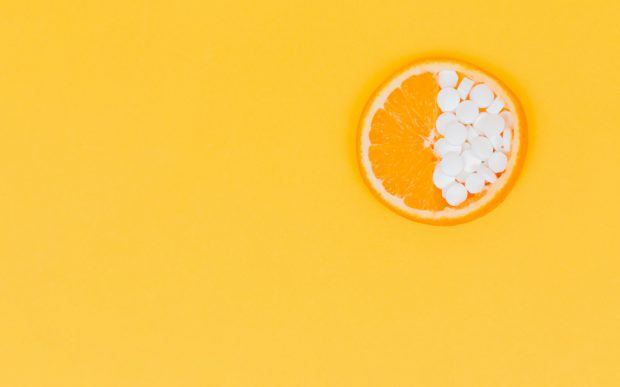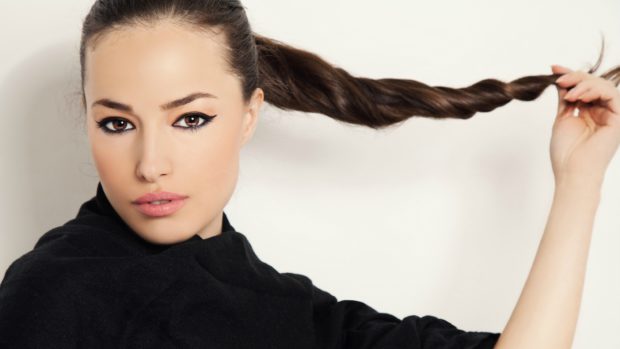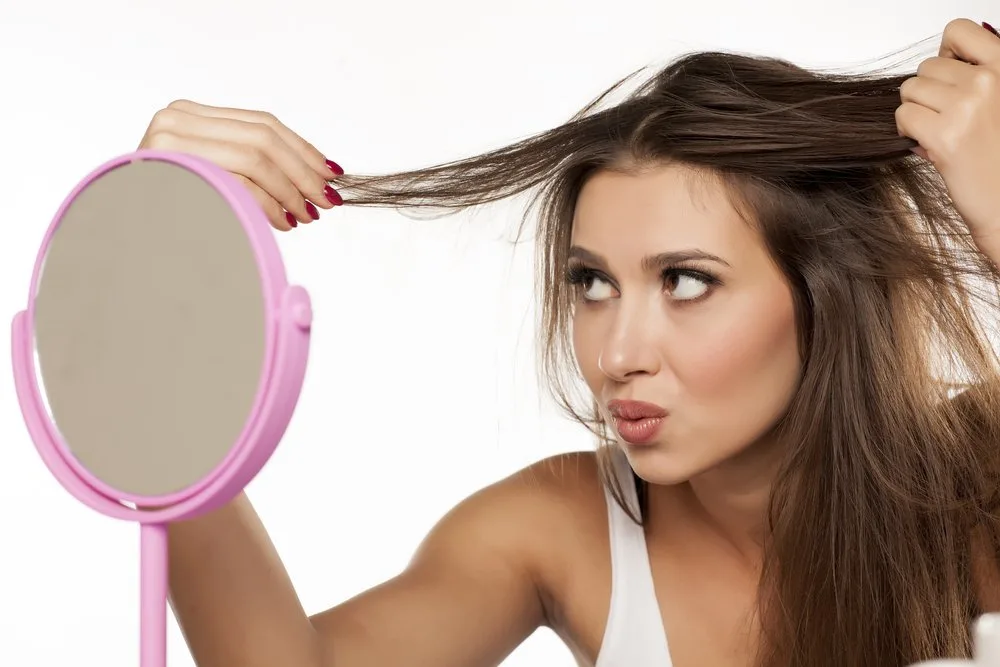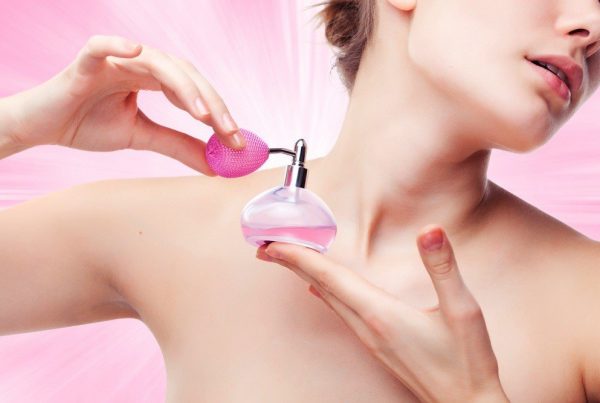Is your hair a bit out of shape lately? Have you noticed any easier breakage and dryness? These things are prevalent when it comes to hair. You might not be sure what to do about it, or your routine seems not to give any results. We have got you covered.
There are multiple factors that impact your hair’s health. Help your hair by using some of our tips down below.
1. Food and vitamins
If your diet is not exactly the healthiest one, your care will evidently suffer. Flaky, dry roots and split ends can be caused by a diet lacking essential vitamins. It can also signify that you are not consuming enough protein in your daily diet. So, the first step back to your healthy and luscious hair is to change your diet and life habits.

Photo by Diana Polekhina on Unsplash
Supplementation
Collagen supplements provide several health benefits, with one being the promotion of strong and healthy hair. Collagen increases the body’s hair-building protein keratin, slows hair greying, and helps prevent hair thinning and damage to your hair follicles.
The best thing is that it is super easy to add to your diet and will support the integrity and strength of your hair.
Taking vitamin supplements and pumping up protein intake should do the trick. The results will come with time so be patient. In the meantime, you can try to give your hair a break by not styling it much.
2. Over styling and heat
This paragraph continues the story from the previous one. If you are frequently using hot tools on your hair, such as hair straighteners or curlers, you can experience dryness and frizziness. See, the problem with hot tools is that they take the natural moisture out of your hair. If your hair is extra dry, breakage is easier.
The best thing to do about this is to press pause on hot styling tools.
You can also try to give your hair some lost moisture back by using masks, and collagen supplements for hair growth and treatments. Keratin treatment is one of the most popular in hair care.
3. Tight ponytails and up-dos
Another thing that can harm your hair and make it more fragile is wearing your hair up a lot. Wearing really high ponytails or buns, and making them pretty tight, applies a lot of pressure to your roots and scalp. This tension causes breakage and receding hairline in time if used too often.

Although these hairstyles look great, avoid making them on a regular basis. Opt for lower ponytails, loose braids, and buns.
4. Not using the right products
Your hair is as unique as you are, so the best option is to get customized products to cover all your hair’s needs. If you are struggling with that, and you have noticed flakes, dandruff, or excessively oily scalp, you may want to visit a dermatologist for a consultation.
Try using products that are as natural as possible, without silicone, parabens, and other chemicals. Washing your hair daily is also not the greatest thing to do, as you are stripping your hair of natural oils too regularly.
Daily washing can also lead to paradoxical results if you wash it frequently because it gets greasy quickly. Meaning the more you wash it, the quicker it gets oily again. If you are regularly stripping natural oils from your scalp and hair, the production of oil will increase to make up for the oil you constantly wash out.
Try to break this vicious circle by taking at least a day or two breaks between washes. You may struggle in the beginning, but eventually, your hair will adapt to the new routine.
The bottom line
The last, but not the least, important piece of advice is to be gentle with your hair. Brush it slowly and without pulling too much. Start from the ends and then work your way up to your roots. This way you will easily get rid of knots and avoid pulling the hair.



![women [longevity live]](https://longevitylive.com/wp-content/uploads/2020/01/photo-of-women-walking-down-the-street-1116984-100x100.jpg)










